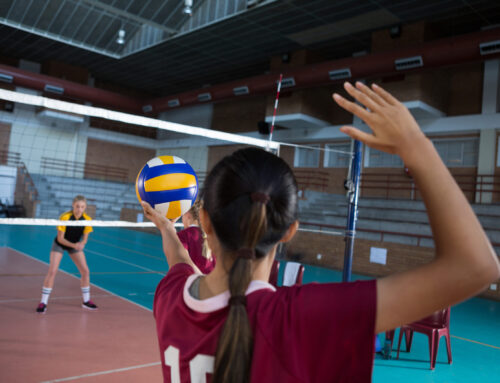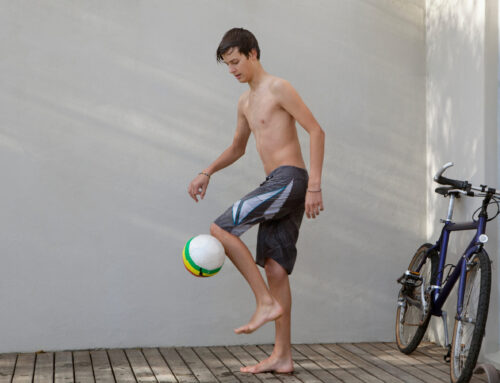In today’s fast-paced and health-conscious world, the importance of physical fitness and overall well-being has gained significant attention. Many parents strive to instill healthy habits in their children, including regular exercise and a balanced diet. However, a common question arises: Do fit kids have fit parents? Is there a strong correlation between the fitness levels of children and those of their parents? In this blog post, we will delve into this intriguing question, exploring various factors that influence the fitness levels within families.
The debate surrounding the influence of genetics and upbringing on an individual’s fitness is an ongoing one. While genetics can predispose individuals to certain physical attributes, including body type and metabolism, the environment in which they grow up plays a vital role in shaping their habits and lifestyle choices.
Parents are often the primary role models for their children, shaping their attitudes and behaviors. When it comes to fitness, parental influence can be a significant factor. Fit parents who prioritize physical activity and lead active lifestyles tend to pass on these habits to their children. Regular exercise, participation in sports, and engaging in physical activities as a family create a positive environment that encourages fitness and healthy living.
The lifestyle choices and daily habits of parents significantly impact the fitness levels of their children. Healthy eating patterns, such as consuming nutritious meals and avoiding excessive junk food, can be cultivated by parents and subsequently adopted by their children. Additionally, creating a supportive environment that prioritizes physical activity over sedentary behavior can help children develop an active lifestyle.
Apart from being role models, parents who actively participate in their children’s fitness endeavors contribute to their overall well-being. Encouraging regular exercise, enrolling them in sports activities, or engaging in physical playtime together can foster a love for movement and encourage a fit lifestyle. When children see their parents actively involved and supporting their fitness goals, they are more likely to stay motivated and committed.
While there is a strong association between the fitness levels of parents and children, it is essential to acknowledge that various factors can affect this correlation. Time constraints, work demands, and socioeconomic factors may limit parents’ ability to engage in physical activities or provide healthier food choices. Additionally, some children may develop an independent interest in fitness outside of their parental influence, leading to exceptional cases where fit kids may not have fit parents.
The connection between fit kids and fit parents is undoubtedly strong, but it is not solely determined by genetics. Parental influence, active engagement, and a supportive environment play pivotal roles in shaping children’s fitness levels. By embodying healthy habits, prioritizing physical activity, and creating an atmosphere that fosters well-being, parents can set their children on a path to a fit and healthy life. However, it is essential to recognize that every family’s circumstances are unique, and exceptions to this correlation can exist. Ultimately, the collective effort of parents, children, and the entire family unit is crucial in cultivating a fitness-focused lifestyle that benefits all members.




